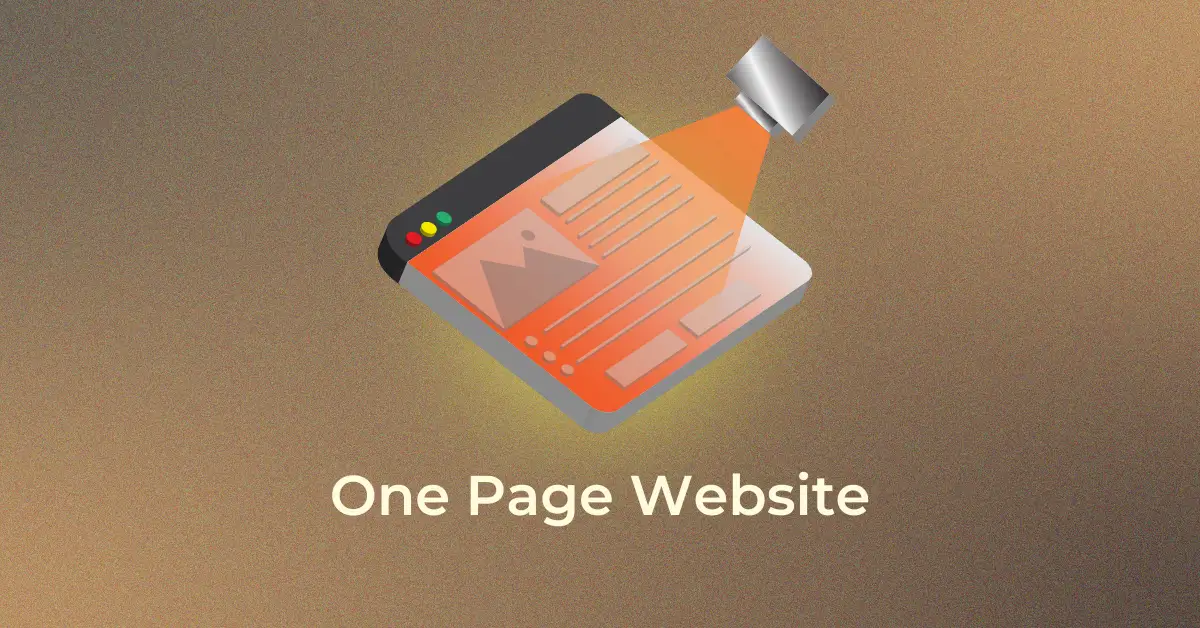Whether you are a newbie in the blogging world or veteran who is writing blog posts for decades now, everyone knows that driving long-term organic traffic on your blog post is not an easy job. If you do not include the right set of keywords in your blog post, which serves your target audience, then you are missing out on a significant opportunity.
Importance of Keyword for a blog post
Use of keywords in the blog post is a key ingredient while defining SEO strategy. Understanding how to utilise keywords in your blog post and placing them correctly in your title, meta descriptions, and on-page copy gives you an immense kick start as compared to your competitors.
Let’s dive in to know some useful tips on how to use the best keywords in blog posts to rank high on search engines, which will help you drive massive traffic.
Also Read :
Keyword Research for blog posts
It is the most basic yet very crucial part of your blogging strategy. Finding the best Keyword for a blog will help you identify what kind of search query users are searching to find answers to their questions. This will help give an idea while writing a blog post.
Every search query is like a quest to Google, and the main job is to provide the most satisfying results to the user. As a blogger, it becomes essential to write the content which satisfies users’ needs and also includes the right set of keywords in a blog post
How to search keywords for blogs
There are many free and paid tools available that can help you find the right keywords for your blog post.
The best free keyword research tools are as follows.
- Google Keyword Planner
- Uber Suggest
- Google Correlate
- Wordtracker Scout
Best paid Keyword research tools are as follows.
- Ahrefs
- SEMrush
- Keyword tool.io
- Semscoop
Don’t forget to look for search intent
Search intent has been the hottest topic nowadays post-Google announced the BERT algorithm update. Search intent primarily deals with finding the intent behind users’ search query whether the user is looking to buy stuff online or he/she is eager to know information related to that stuff.
There are four types of search intent that you should consider while finding keywords for a blog post
-
Informational
Here the searcher looks for an information
E.g., what are on page seo techniques
-
Navigational
The User knows where they want to go, and they search for a particular website using Google Search Engine
E.g., Infidigit seo services
-
Transactional
Here the searcher is looking to purchase something, and they are looking for a website to buy it from
E.g., Buy shoes
-
Investigative search
Here the user is searching for a particular product or a service and is not sure which is the right one. They look for the best options
E.g., Best SEO agency in India.
While strategising your blog post, make sure that you include all types of search intent based keywords to improve your chances of ranking higher on Google Search
Do’s & Don’ts on how to use keywords to optimise your blog.
Now, let’s assume that you have found the right set of keywords for a blog post. Let’s see some useful tips that will help you in bifurcating keywords and place them in a blog post to attain the maximum result.
- Always try to make your title keyword enriched & make sure your primary Keyword which has a high Google Search Volume is present in the page title.
- Maintain a healthy keyword density throughout your blog post. According to SEO experts, 1%-2% should be the ideal keyword density for your main primary Keyword. For Eg, if your blog contains 1000 words, then your primary keyword count should be around 10.
- Write for users & not for the bot. This means that never compromise on the quality of your blog post, don’t just try to stuff keywords throughout your blog post. Writing what’s necessary is the key. Blog posts should always look natural rather than stuffed with unwanted keywords. Your blog post should always satisfy users query.
- Always use long-tail keywords in your blog post. These keywords are the ones which will help you gain quality traffic. Long-tail keywords are intent specific & even though the search volume of these keywords is less, the probability of user getting converted into a customer is high.
- Always try to include your main keywords in the first 100 words of your blog post. This technique is essential since it indicates google as well as users with the primary purpose of writing the blog.
- Use Internal linking appropriately. They are very important for passing the link juice authority and improve site hierarchy.
Conclusion
Keywords are and will continue to be an essential Google ranking factor, but the strategy of how an individual can utilise it throughout the content will evolve. Earlier SEOs used to stuff keywords in the content, and Google used to rank them directly without any relevance. But nowadays, the practice has changed, user intent & content quality matter more than keyword stuffing. But, here also, the idea remains the same; your blog post needs to have that search query or semantic Keyword to hint google that your blog post contains keywords that satisfy user queries.
Pro tip: Although Keywords targeting and building SEO strategy is crucial to gain sustainable traffic, experimenting your blog post with the right content marketing services will help boost engagement and obtain quality leads.
Popular Searches
How useful was this post?
0 / 5. 0


















33 thoughts on “Keywords for Blogs: How to Use Keywords in Your Blogging Strategy”
I Have read your blog post. I have gathered a lot of information about SEO. Thank you for sharing your blog post.
Thanks. Read our latest blogs for more updates.
We are glad to know you liked our post.
Keyword research is a core SEO activity involving the identification of popular keywords and key phrases that users are looking for. It gives marketers a sense of how high the demand for keywords is, so they can compete in organic search results
Hii, I Like it.. Thanks for sharing with us!! Please keep here some updates on regular basis.
Thanks Anushka for sharing your feedback. Subscribe to us to get the notifications on the latest updates.
Thank You for these amazing tips. Your article is very informative and I guess it will help me in Keyword research.
Thank you, Sanket for sharing your valuable feedback. Subscribe to us for more latest updates.
Thanks for sharing this blog.
Your welcome. Read our latest blogs for more insights.
Thanks for sharing this blog. Hope sharing more information about it. Thank you 🙂
Glad to know you liked our blog post. Check out our latest posts for more updates.
Very informative post! Thanks for sharing this helpful post.
Thank you for sharing your valuable feedback. Read our latest posts for more updates.
Thanks for sharing with us!
Thank you. Please read our latest posts for more updates.
A very simple way to find related keywords is using Google search. Search for your primary keyword and scroll down to see the “searches related to” your term. Google provides this list of results to guide users to search phrases that will help them get closer to the information that they want.
Thank you for sharing your valuable feedback & a great suggestion with us.
useful blog
Thanks for sharing your feedback with us.
Thanks for sharing this information with us….
Thank you for sharing your valuable feedback & a great suggestion with us. Thanks for the latest updates.
Thanks, check out our latest post for more updates.
Good ideas and concepts!
Thank you, Vandna. Read our latest posts for more updates.
A good site with exciting content, that is what I need. Thank you.
You are Welcome. Read our latest posts for more updates.
Thanks for sharing this great content, Please Keep continue.
Thank you. Do subscribe to us for more such content.
this blog is very helpful for how to use keyword
Thank you, Kavita for sharing your valuable feedback.
Great article that I’ve ever read about the kws and digital marketing.
We are glad that you liked our post.